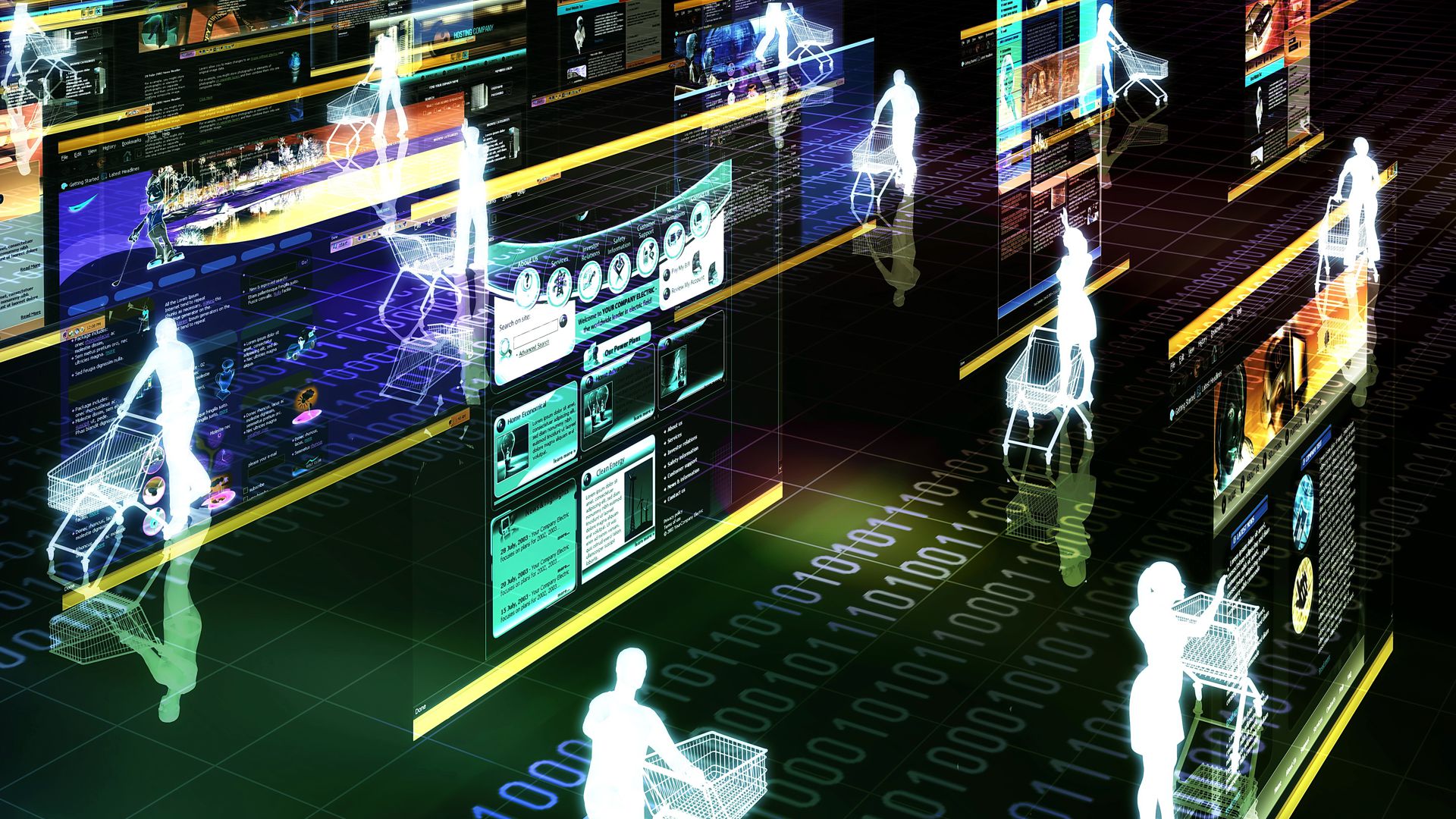I was just thinking back to my university days as an engineer and was thinking about motion and friction.
Newton's First Law states: Every body remains in a state of rest or uniform motion (constant velocity) unless it is acted upon by an external unbalanced force.
Don't worry, I won't get much more technical than this, after all it has been a long time for me too…
This Law applies to two things I was recently thinking about:
1. Cars
When a car goes around a corner at speed, the friction of the tires on the road as you turn your steering wheel is the force that makes it possible. Without friction, you would just keep going in a straight line forever.
The maximum amount of friction available (coefficient of friction) to either change direction or stop, is determined by the two materials in contact; your tires and the road. If you are on ice you have less friction. If you are on ice without good snow tires, even less friction. Once you start sliding, friction is also reduced (which is why you are supposed to steer into the slide).
The number of tires connected to your engine has absolutely nothing to do with your ability to turn or stop.
Sorry folks, all wheel drive or 4 wheel drive helps you get going faster but it doesn't help you corner or stop any more than anyone else on the road. Believe it or not, I heard a practicing engineer talking about how much faster he can go in bad conditions because of the 4 wheel drive he had (sad).
Cars also require constant force or energy (i.e. an engine) to keep them moving forward because three main things suck the energy out of the car: the power required to run everything and keep the battery charged, the friction of the tires on the road (keep them properly inflated), and wind resistance.
2. Business Productivity and Effectiveness
You come into your business (or job, etc.) all charged up to get things done. You know what you want to accomplish and you are pumped up. You start doing things and building forward momentum.
But to keep your forward momentum you need to expend energy.
You have a certain amount of friction to overcome just between you and the task at hand (your tires). As soon as you start to interact with, depend on or involve others you have external resistance (wind).
You also need some energy to keep everything running so you can be in business in the first place. And if you don't recharge your batteries, you will also eventually run out of charge and stall.
So keeping your project, business and yourself moving forward you need to expend energy.
As your business gets bigger and more complex, it generally takes more energy to change direction quickly.
The problem is most businesses focus more on building a powerful engine and connecting the engine to as many wheels as possible so they can build forward momentum faster.
The great companies remember that you need to be able to change direction and build in a mechanism for steering the company, allowing it to change direction quickly when needed. When this is coupled with:
- A powerful engine to get force to the wheels,
- Good tires to give you traction,
- Gauges to monitor your car's performance,
- A rear view mirror to see what is coming up behind you,
- And a good clean windshield with wipers to see where you are going…
You have an all season race car.
Conclusion
In adverse conditions your ability to survive depends on your ability to see, stop and change direction.
The size of your engine (assuming it is big enough) and the number of connected tires will not make any difference if you are heading in the wrong direction, you'll just end up in the ditch or driving off a cliff faster.
If it wasn't for the friction (applied at the right time in the right amount)…



